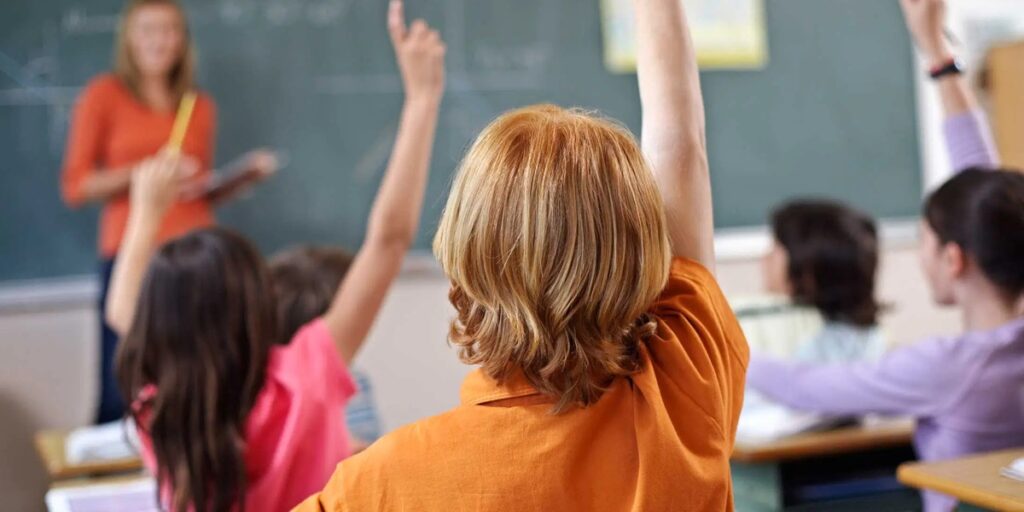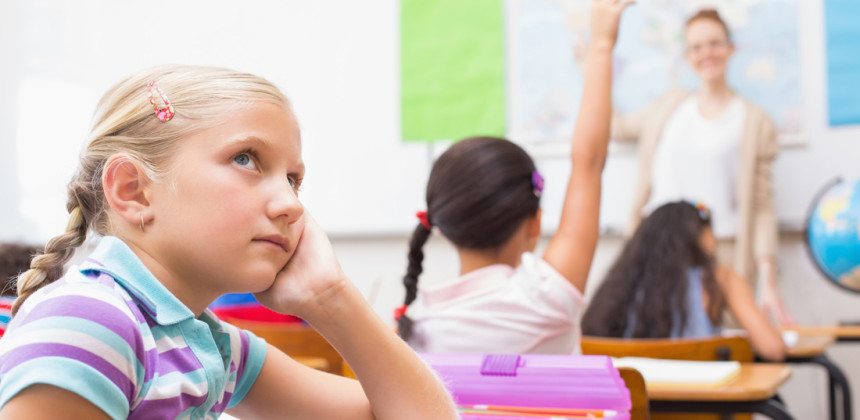Having said that, a child’s mental and moral growth is greatly influenced by their academic performance. It is intended to propel the youngster into mental maturity, intelligence, and higher-order thinking. Children who have an academic education also tend to have deeper interests in a variety of topics. So, it affects how one’s career develops.
Every student is taught the value of maintaining a strong academic record, how to become a reliable, successful person, and how to choose a rewarding job.
A student must do well in the classroom, especially in higher secondary school, in order to receive university scholarships, have a choice of what to study in college, maintain the security of their profession, and enjoy financial independence as adults.
However, every student has a time throughout their academic careers when their academic performance is significantly impacted by external variables that may be upsetting to them. We are here to assist you in identifying the top ten elements influencing pupils in higher secondary schools academic achievement.
What Aspects Affect The Academic Performance Of A Higher Secondary School Student?
Before going into detail about the different variables influencing kids’ academic success, it is important to realize that these circumstances need to be addressed cautiously and sensitively. Despite what some families might think, a student’s academic performance might suffer for a variety of reasons.
It is important for parents and instructors to be empathetic during these moments and to support the children in resolving their issues and returning to their primary objectives.
Uncomfortable Conditions For Learning
During the upper secondary school stage, a child’s environment and the people they connect with have an influence in how well they succeed generally, including academically. A child’s ability to concentrate in class may be affected if he is bullied by his peers, does not really like his instructors, or finds it difficult to make friends.

Additionally, if a student is not motivated to attend class, it may result in low attendance, which would cause him to miss important lectures on subjects for which he would likely find it challenging to prepare alone.
The kid can learn to like his surroundings and subsequently perform better by interacting in class, chatting with classmates, and taking baby steps toward getting involved in school activities.
Family Background
Higher secondary school student’s academic success with the best performance is frequently impacted by internal family issues.
The desire to study and strive toward academic goals is sometimes affected by going home to a bad environment. Students from unstable homes typically struggle to focus during class discussions and lessons and are unable to catch up while doing their homework at home.
As parents, we implore you to keep your home wholesome and joyful and to keep your kids out of trouble, especially during important tests and measuring academic success.
Class Size
There is overwhelming data that suggests that pupils do better in small courses. Teachers may spend more time with each student in small courses, ensuring that no one falls between the gaps. Students now have more opportunities to ask questions and get immediate feedback on their assignments, which encourages more engagement and boosts academic performance overall.
Additionally, smaller classrooms are simpler for professors to manage. Since there are fewer interruptions in smaller classes, there is more time for in-depth conversation and immersive learning. Making an intimate learning and educational atmosphere, like a study group, might be a potent substitute for small courses, which may not always be an option.
Working in small groups fosters engagement. Also, provides more chances for each student to express their thoughts and viewpoints, fostering a deeper comprehension of the curriculum.
Instructional Infrastructure
The majority of people lacked the resources and infrastructure necessary to study online. While some students found it difficult to focus and participate in online classrooms since there was no quiet setting, there were some higher secondary school pupils who lacked mobile devices or computers to support their online education.
Additionally, schools with inadequate teaching resources, inadequate seating, crowded classrooms, and antiquated technology impact students’ motivation to learn and fundamental topic knowledge, which in turn affects their academic achievement.
Having Trouble Understanding
Without professional guidance, many concepts and topics in the curriculum for higher secondary schools might be challenging to comprehend and prepare for. Sadly, missing courses while these subjects are covered might lower the child’s grade in those classes.
Students who have trouble grasping the curriculum are frequently given extra lessons and subject-specific doubt workshops at Abu Dhabi institutions.
Drop-In Interest
A student may not enjoy every topic. It is unrealistic to anticipate that every youngster would enjoy all subjects and excel in each one on a consistent basis. There are times when kids lose interest in a few curriculum areas and lack the motivation to study and be ready for tests. Although it seems sensible, the student’s academic performance will suffer.
Productivity And Academic Performance Are Possibilities
Despite the evidence that many factors affect academic performance and productivity. So, this does not imply that it is impossible to achieve. There may be methods that classrooms, households, and schools might promote cohesive, inclusive, and productive learning environments. It’s important to recognize that pupils go through stress and difficulties just like parents or instructors do. The globe may progress toward improved academic achievement and unrestricted production through the foundation of understanding and open learning.
Academic Performance – Conclusion
There are times when a youngster gets stuck dealing with these difficulties by themselves. It has a negative impact on their academic performance. Their confidence is also impacted, in addition to their academic performance. We are aware that upper secondary school pupils are supposed to be treated like adults. But occasionally even grownups require assistance.
Therefore, if your child is struggling academically, we advise you to support and mentor them. Also, make an effort to comprehend their point of view.









































